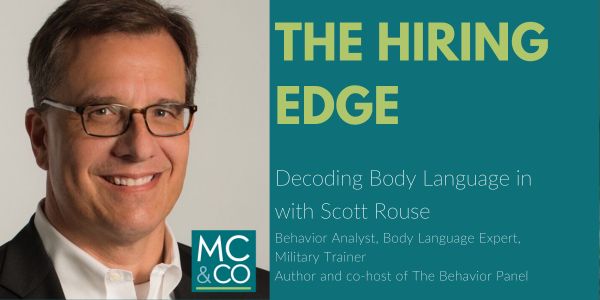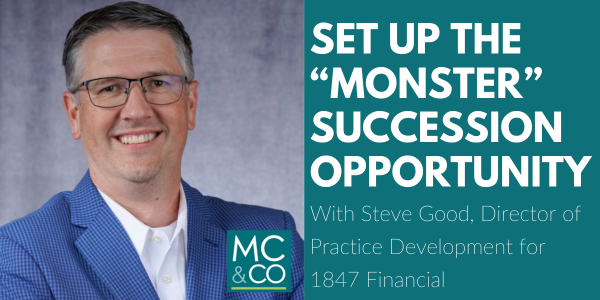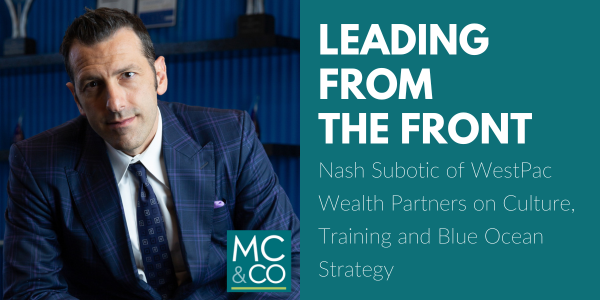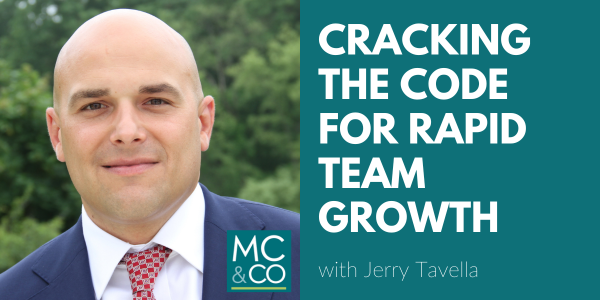
Leaders of growing companies face relentless, critical and even competing demands to provide vision, resources and strategic focus, all while evoking aligned execution from their team. Whether a startup, midsize or Fortune 500, organizations that put an early focus on attracting, developing and retaining top talent are playing the long game of scaling up.
In my work with midsize and Fortune 500 high growth companies, I find that many times HR is not considered a strategic partner, but rather a necessary administrative expense. Frankly…I used to think that way too. Then as I began researching additional ways that leaders could accelerate growth in their organizations, I realized the obvious – HR is being overlooked and it’s costing money and slowing growth.
Listen to the podcast:
Podcast: Play in new window | Download (Duration: 16:24 — 30.0MB)
Subscribe or Follow RSS
This brings us to our podcast guest Alicia Parr, Principal and Founder of Performentor, a fractional, full-stack HR firm that works with high growth companies. With 20 years of HR experience spanning multiple industries, Performentor was founded by Alicia to deliver essential HR expertise to growing companies and help them thrive.
I asked Alicia to share the top 3 mistakes she sees high growth companies make and what to do instead:
Mistake #1 – Filling HR with an inexperienced player
When a company is growing, it’s common to fill the HR role with someone who seems available and able to perform that position. Although it’s tempting to tap the office manager or admin assistant to take on the HR responsibilities, you’re potentially setting your company up for future liabilities that will be time consuming and very expensive. Alicia’s beginnings in HR stemmed from the great job she was doing in payroll, so her employer asked her to take on HR as well, even though she had no prior training or experience.
Alicia recommends getting clear on where you are now with your HR team vs. what would be ideal and start planning for the future. Ask your trusted inner circle …are we setting up and hiring our HR talent to be an essential part of our leadership team or do we view HR as an administrative necessity?
Investing in HR early by bringing on experienced professionals will positively impact your ability to scale with less drama. Even having access to part-time experts can help you avoid costly HR entanglements.
Mistake #2: Hiring an HR professional before you are clear on the role
If you’re leading a rapidly growing company, you know you need expertise that includes administrative, tactical, and strategic abilities from your HR team. It’s tricky to find all of those skills in one person. Make a list with your team about what’s most important for HR to do as you continue to grow. Be clear that if you hire for a strategy skill set, you could end up overpaying for their administrative work, or if you hire someone that’s more tactical, they may overlook big picture alignment with strategy or people. Know what you want, how you want HR to grow, and put the right people into those roles, at the right time.
Mistake #3: Hiring for a role that doesn’t add to the bottom line
As you make the list of your ideal HR team, consider all the areas you want them to successfully lead within the organization. Are you looking for high-level administrative support, recruiting/hiring processes, high potential coaching offerings, HR process development? The list is long of what HR can do for your company and its future success, and it can get expensive.
Enter Fractional Full Stack HR – borrowed from technology, full-stack refers to layering in more than one person for a more strategic, full-service experience. Different from fractional HR, where you get access to an HR expert, Alicia and her team at Performentor give you access to the specific expertise you want from HR (admin, ops, legal, high potential development, culture, etc). You only pay for what your organization needs. If you want to have greater HR functionality but are not ready to onboard all roles, take a look at a full-stack HR solution.
Making the right talent choices within HR and bringing them into your high-level leadership circle will accelerate your human capital advantage and positively magnify your culture.
Now that’s smart HR.






